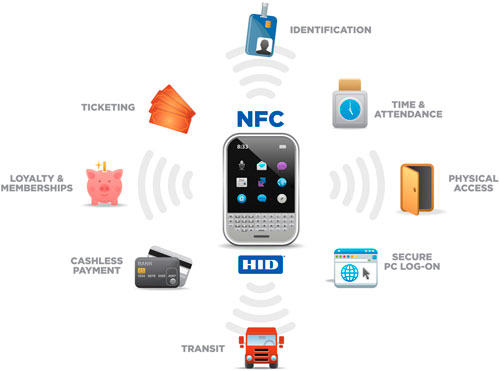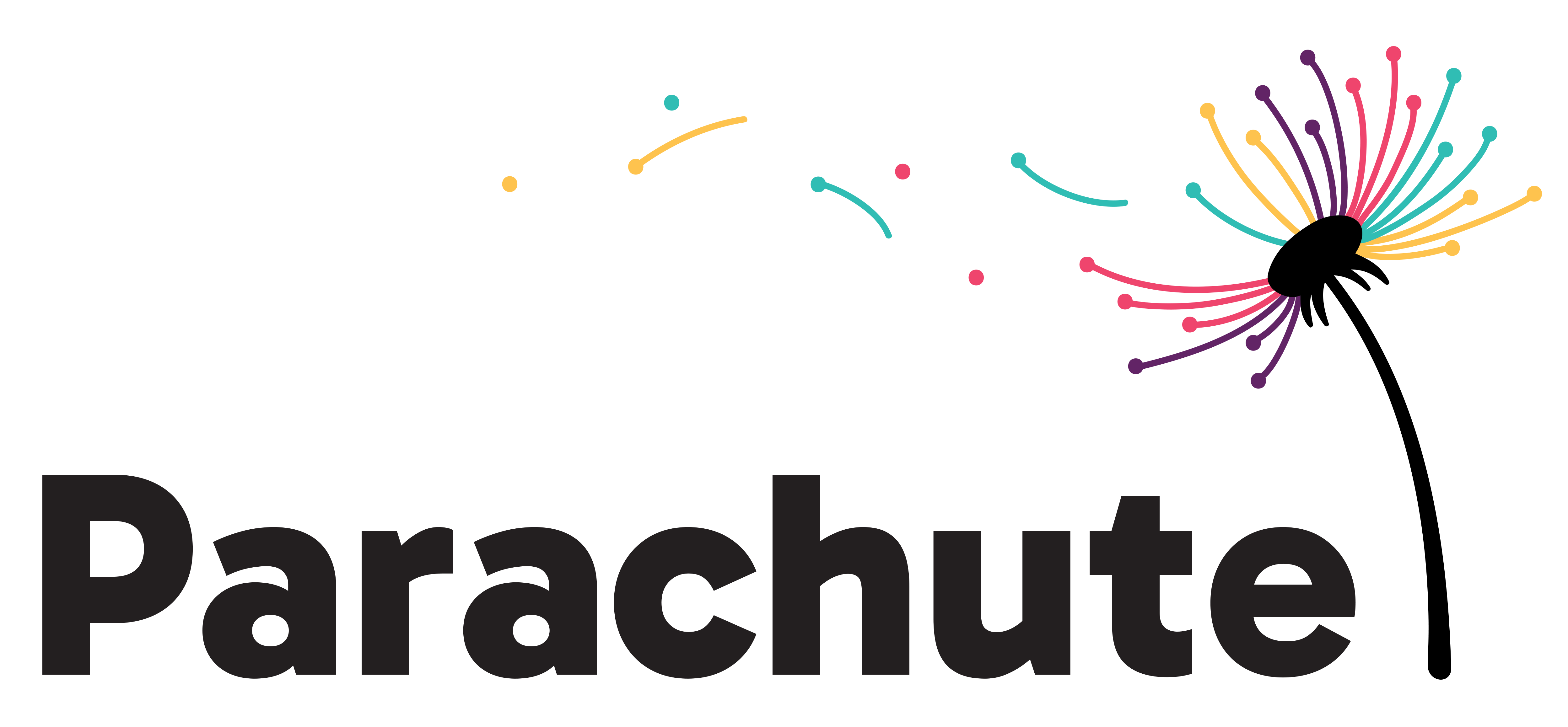You’ve probably heard technology rumours about consumers soon having the capability to use their mobile phone like a credit card. You may also have read about Google Wallet (I wrote about it over a year ago and we’re still not seeing much consumer usage yet and I should mention that its only an Android App currently – which is probably why it hasn’t reached critical mass yet) which stores your payment information, transaction history, retail store rewards cards, gift cards and Google Offers for you to use for in-store shopping or buying online.
 Google Wallet wouldn’t be possible without Near Field Communication (NFC) technology and while this seems pretty advanced technology, its actually been around for ages. The NFC Forum was founded in 2004 and the first smartphone utilising the technology was launched by Nokia in 2006 – but its origins go back to 1983. Wikipedia says Near field communication (NFC) is a set of standards for smartphones and similar devices to establish radio communication with each other by touching them together or bringing them into close proximity, usually no more than a few centimeters.
Google Wallet wouldn’t be possible without Near Field Communication (NFC) technology and while this seems pretty advanced technology, its actually been around for ages. The NFC Forum was founded in 2004 and the first smartphone utilising the technology was launched by Nokia in 2006 – but its origins go back to 1983. Wikipedia says Near field communication (NFC) is a set of standards for smartphones and similar devices to establish radio communication with each other by touching them together or bringing them into close proximity, usually no more than a few centimeters.
For digital and mobile marketing, NFC has already made some inroads with technology like Bluetooth, which uses NFC technology to create its connection. But while Bluetooth is popular in countries like Japan and South Korea, few people in Australia have their Bluetooth turned on by default, which makes sending marketing messages to them when they walk past a Bluetooth enabled device, much harder to get cut through. Multi-player games and devices such as Playstation Portable (PSP) also use Bluetooth technology to connect their players who are in close proximity to one another. Otherwise an internet connection is required to connect players. It seems to be a source of frustration that the PSP doesn’t use the superior NFC technology to connect players.
The most recent use of the NFC technology is the launch of the PayPass system to allow touch payments for credit card transactions under $100. People have quickly become comfortable with the touch and go system and there doesn’t seem to have been any media coverage of an increase in fraud since this system has launched, which would have been people’s initial concern seeing as their Visa Debit cards, which hold their personal money (not the bank’s), can also use the PayPall system. Were you to use Google Wallet or one of its competitors, you can start to store your credit card information in your mobile smartphone and use this to pay for your groceries, petrol, clothes or anything else you may use a credit card for. For mCommerce sites, this means no more entering your credit card details for mobile shopping, your phone will store the information. And while I haven’t seen it used personally, I’m told that some ticketing systems are using NFC to identify an individuals presence – such as transport and events. Please comment below if you’ve seen this in action or used it yourself.
As you can probably see, I’m not incredibly technical and I struggle to explain how NFC actually works, but what I understand better is how it is going to change how we shop online. Consumers are fairly aware that smartphones and tablets are fast changing human behaviour and how we browse online and I think NFC is the beginning of the transition to a cashless world. It might takes decades to go completely cashless, and I don’t know about you, but for years now I’ve carried very little cash on me and transact almost completely using my cards – for food, for the gym etc. If I can start to do this with my mobile phone, my wallet becomes one less thing that I need to carry with me and one less thing I have to worry about losing.
As a consumer, I love the simplicity our smartphones are offering us. My iPhone has all my music, my email, my phone contacts, it’s my connection to social media, to my banks, it’s my camera and my timesheet for clients and my calculator, my radio, my notepad, my GPS navigator, my library, calendar and so many more things I can’t even think of. And while some businesses will simply migrate online, moving their business to apps, many are not able to compete with Google or Apple and their businesses are dissolving or becoming far less profitable. I love the convenience it affords me as a consumer, but I am sad for what it means for competition and diversity of providers. I know all things must change, and as many new businesses will develop out of the digital revolution as those who fold, but I wish that I didn’t see this as an ominous sign for all of the industries that are now entwined in my little mobile phone.
